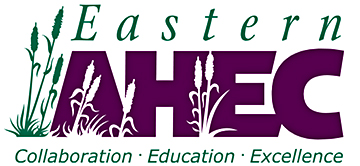Elements of Crisis Intervention, Prevention, and Planning Workshop
January 14, 2016
Edwin W. Monroe AHEC Conference Center Venture Tower Drive, Greenville, NC
ABOUT THE WORKSHOP:
Adults and children with a serious mental illness and substance use disorders often lead lives characterized by crisis. These crises can potentially cause consumers to relapse, regress, and experience an increase of behavioral health symptoms. This interactive program will include guidelines defined as best practices by the Substance Abuse and Mental Health Administration (SAMHSA). These guidelines will define appropriate responses to behavioral health crises and focus on the importance of involving natural supports in this process. We will review case presentations and how to incorporate prevention activities to reduce the possibility of a future crisis that will include resources to reduce unnecessary hospitalizations and support recovery.
For more detailed information on times, location, cost and registration download the Elements of CI,P and P.pdf
To register for this workshop go to Registration Form
Directions to the Edwin W. Monroe AHEC Conference Center
OBJECTIVES:
Upon completion of this workshop, participants should increase their ability to
effectively care for clients by being able to:
- Define behavioral health crisis
- Gain an understanding of the importance of continuity of care with crisis intervention and crisis prevention
- Learn the components of a Comprehensive Crisis Plan
- Describe the components of advanced care directives, health care power of attorney, and a living will
- Practice crisis de-escalation strategies
- Complete a Suicide Assessment Five-step Evaluation and Triage (SAFE-T)
Assessment; as well as implement these skills in their daily practice.
TARGET AUDIENCE:
This workshop will be extremely helpful for all mental health and substance abuse clinicians who work with children, adolescents and adults including psychologists, social workers, licensed professional counselors, marriage and family therapist, care managers, substance abuse counselors, psychiatric nurses, and all interested others.
If you would like more information on the program, please call Mental Health Education at (252) 744-8214.


